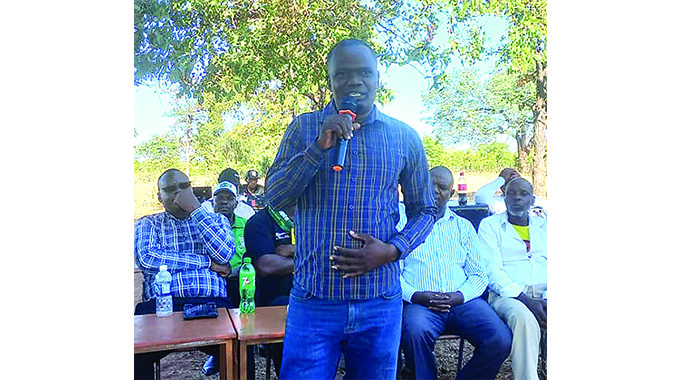Zimbabwe: A burgeoning lithium hub

Nicholas Nhede
Boasting the sixth largest lithium reserves globally and representing one of Africa’s biggest producers of the commodity, Zimbabwe is poised to play a crucial role in advancing the global energy transition through the supply of lithium and related products.
With untapped resources, a national agenda to develop the entire lithium value chain and new investment flowing inwards due to growing global demand, the country is well on its way to become a global lithium hub.
Untapped resources reflect
production potential
Boasting Africa’s largest confirmed lithium reserves, Zimbabwe’s massive yet largely untapped mineral resources offer lucrative investment opportunities for investors and mining companies alike. The country’s Bikita Minerals is home to approximately 11 million tons of lithium resources, however new exploration campaigns are likely to unlock new levels of reserves.
Currently, the country is estimated to have the highest number of lithium projects under exploration in Africa, with the development of projects such as the Arcadia Mine — estimated to hold upwards of 26 million tons; the Zulu Lithium Mine; and others set to position the country as a global producer.
Downstream focus triggers market growth
While Zimbabwe’s upstream mineral sector is a buzz of exploration, the country has long-relied on international refineries to process and distribute its lithium resources. This year, the Government shifted its focus towards the downstream sector in a bid to drive infrastructure development, employment creation and investments across the domestic market.
Recently, the Government imposed a ban on the export of raw lithium in a bid to boost the domestic value chain and strengthen value addition in the minerals sector. As such, the country is well positioned to become both a global producer and regional processing hub, with a strong pipeline of investment opportunities cropping up across the country.
Zimbabwe’s lithium production history reduces investment risk
Zimbabwe’s history as a lithium producer dates back six decades. During that time, the country has enjoyed the participation of a slate of international mining companies, established a market-focused business environment while developed the domestic workforce and local content framework in line with global standards.
The country’s experience as the biggest lithium producer in Africa coupled with its expanding domestic market not only reduce investment risk in the country but are expected to play a major role in positioning Zimbabwe as a global lithium hub as new players enter the promising market.

ZULU LITHIUM MINE
Zimbabwe to meet 20% of global
lithium demand
As the global economy shifts to net-zero solutions, the demand for lithium — among other minerals necessary for the production of many clean energy technologies — has begun to dramatically increase, and if the full potential of Zimbabwe’s lithium resources is unlocked, the country will meet upwards of 20 percent of global demand.
Already, investment is flowing in to the country, a testament to the country’s potential of becoming a lithium hub.
Recent developments across the Zimbabwean market include Zhejiang Huayou’s US$422 million acquisition of controlling rights to the Arcadia Mine; Premier African Minerals joint venture with Li3 Resources; Sinomine’s US$180 million acquisition of a 100 percent stake in African Metals Management Services and Southern African Metals and Minerals; and the US$1.7 billion acquisition of the Williams Minerals lithium mine by China Natural Resources.
Furthermore, with China — the world’s largest importer of lithium — having significant interests in the Zimbabwean market, the role the southern African country plays as a major player in the global lithium market continues to grow.

Money – Image taken from Pixabay
Economic targets trigger long-term growth
With the mining industry accounting for a 12 percent share of the country’s gross domestic product, the Zimbabwean Government has committed to boosting economic growth on the back of lithium investments and developments.
The Zimbabwean Government’s plan to turn the mining sector into a US$12 billion market in 2023 is expected to not only drive new investments and international player participation in the sector on the back of recently introduced incentives, but will further position the country as a global lithium hub.
Nicholas Nhede is an energy sector journalist for Energy Capital and Power. He has a passion on how technology and diversification of the energy mix can be used to address energy sector challenges. He holds a diploma in Journalism and Communication studies and has been covering energy-related topics including the Internet of Things, distributed energy and digitalisation since 2015











Comments